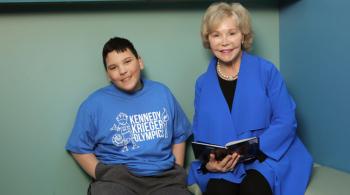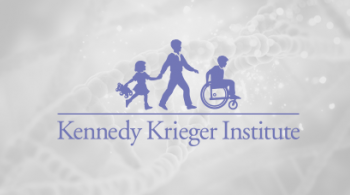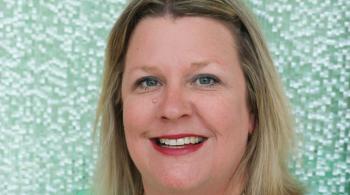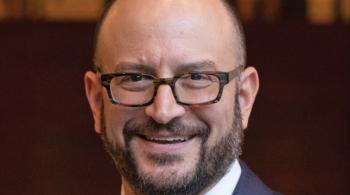By Tracy Waller, Esq., MPH, and Christopher Mason-Hale, BSW
The American Rescue Plan Act of 2021 (ARPA) provided funding to recruit, hire and train public health workers to respond to the COVID-19 pandemic and prepare for future public health challenges. As a result, on November 10, 2021, the Administration for Community Living (ACL) announced a $150 million investment to expand the public health workforce within the aging and disability networks across the U.S.
On April 1, 2022, the ACL awarded a grant through its Expanding the Public Health Workforce within the Aging and Disability Networks program to the Maryland Center for Developmental Disabilities (MCDD). The MCDD will leverage these funds with additional funds awarded to the Maryland Developmental Disabilities Council, in partnership with The Johns Hopkins University Disability Health Research Center.
The project, “Creating Disability-Inclusive Public Health Curricula Through a Digital Toolkit,” includes the following researchers:
- Maureen van Stone, Esq., MS, MCDD Director, Principal Investigator
- Christopher Mason-Hale, BSW, MCDD Community Advocate
- Christy Russell, Director of Operations, Maryland Developmental Disabilities Council, Advisory Role
- Bonnielin Swenor, PhD, MPH, Director, The Johns Hopkins University Disability Health Research Center
- Tracy Waller, Esq., MPH, MCDD Staff Attorney
The project is slated to end September 30, 2024.
While more than 67 million Americans identify as a person with a disability, neither medical schools nor public health schools have disability-focused requirements. In a study1 published in Health Affairs in February 2021 by Lisa Iezzoni et al., 714 practicing U.S. physicians were surveyed nationwide. The findings indicated that only 40.7% of physicians surveyed were very confident about their ability to provide the same quality of care to patients with a disability as they do to patients without a disability, 56.5% strongly agreed that they welcomed patients with a disability into their practices, and 18.1% strongly agreed that the healthcare system often treats these patients unfairly. Limited data exists on public health professionals’ attitudes toward and understanding of the disability community.
To learn more about these challenges, the project is utilizing two forums: a public health forum and listening sessions. The public health forums will be an opportunity to gather information from faculty members and students from accredited public health programs in Maryland about their exposure to and understanding of disability concepts in their program curricula. The listening sessions will be an opportunity to engage, virtually and in person, with individuals with disabilities and disability organizations throughout Maryland to learn about their experiences since the start of the COVID-19 pandemic.
The framework for the discussions during the listening sessions will be based on the social determinants of health used by the Centers for Disease Control and Prevention (CDC). “Social determinants of health are the conditions in the environments where people are born, live, learn, work, play, worship, and age that affect a wide range of health, functioning, and quality-of-life outcomes and risks” (Office of Disease Prevention and Health Promotion, 2021).2 The determinants are healthcare access and quality, education access and quality, social and community context, economic stability, and neighborhood and built environment. The researchers feel that this framework incorporates all the major factors that impact the quality of life for individuals with disabilities and their families.
Our goal is to improve the care directed toward the disability community by engaging the community and creating a digital toolkit that focuses on not only disability inclusion but also disability justice.3 This toolkit will be a point of reference for public health professionals and educators within the disability and aging networks to educate them about the challenges the disability community has faced since the pandemic started and to better prepare them for future public health challenges.
The researchers will share quarterly updates about this project with the MCDD’s Community Advisory Council, and will share findings at state and national conferences.
1 Iezzoni, L.I., Rao, S.R., Ressalam, J., Bolcic-Jankovic, D., Agaronnik, N.D., Donelan, K., Lagu, T., & Campbell, E.G. (2021). Physicians’ perceptions of people with disability and their health care. Health Affairs 40(2), 297–306.
2 Social determinants of health definition available from: https://health.gov/healthypeople/priority-areas/social-determinants-health
3 Disability inclusion is a broad term used to describe approaches to advance access and inclusion for people with disabilities. A disability justice approach centers the priorities and approaches of groups that, historically, have been excluded the most, such as women, people of color, immigrants and people who identify as LGBTQ+.









